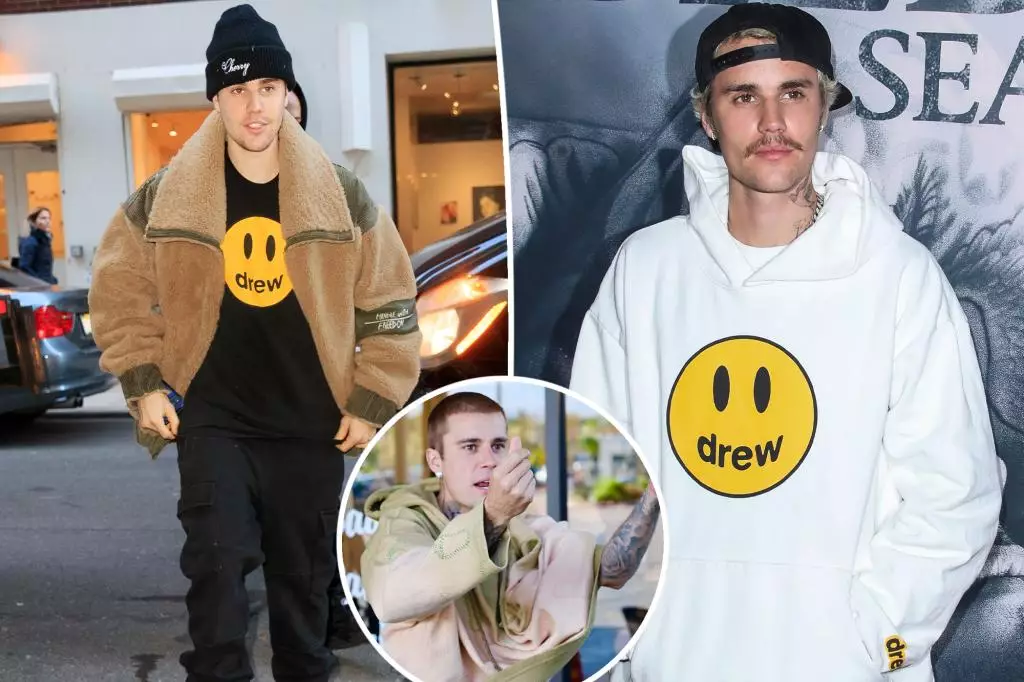Justin Bieber has recently made headlines for a significant pivot in his career and personal brand, announcing his departure from Drew House, his casual fashion line. This announcement, made in an Instagram story that has since been deleted, feels like a thunderclap in the fashion world and among his fans. Bieber explicitly stated, “I Justin Bieber am no longer involved in this brand,” and underscored that Drew House “doesn’t represent me or my family or life.” This sudden dissociation raises questions about authenticity in celebrity brands and how personal identities can become intertwined with commercial ventures.
The implications of such a declaration are profound, especially for a brand like Drew House, which has become synonymous with laid-back luxury, often featuring its iconic yellow smiley face motif. Bieber’s relationship with the brand has always seemed to reflect his personal journey—the ups, downs, and transformations across his artistic and personal life. By distancing himself so publicly, is he signaling a desire to return to a more authentic version of himself, one that isn’t tethered to the commercial image that Drew House has cultivated?
Paparazzi Frustration: The Tipping Point
Bieber’s announcement coincided with an incident involving paparazzi that speaks volumes about his current state of mind. Caught on camera, he lashed out at photographers, declaring, “That’s all you care about, guys, is money. You don’t care about people.” In this visceral moment of frustration, he expressed the dehumanizing aspects of fame and the relentless pursuit of celebrity culture, which can often overshadow genuine connection and personal integrity.
The timing is noteworthy; just days after his Instagram revelation, he found himself in a heated exchange regarding his public persona and the invasive scrutiny that comes with stardom. The underlying tension seems to suggest that Bieber is grappling not only with his public image but also with the toll that constant observation takes on an individual. His emotional outburst is not merely a moment of anger; it’s an outcry against the transactional nature of celebrity and the impact of public perception on personal well-being.
A Personal Resonance and Cultural Commentary
Bieber’s struggles resonate deeply in a culture where personal branding has become a crucial component of artistic identity. The evolution of public figures into brands often leads to complex relationships with authenticity. Many fans grapple with the notion of whether their beloved stars are genuinely represented by their commercial ventures or merely playing a role crafted by market demands. In this light, Bieber’s announcement could be seen as a reclamation of his narrative—a way to reassert his identity beyond commercial labels.
As he spends time with his family in Palm Springs before the Coachella music festival, there’s a sense that this moment of self-assertion could be a pivotal chapter in his life. Is he forging a path that prioritizes personal happiness over public expectation? This transformation invites observers to consider the deeper meanings of celebrity culture and its expectations.
In an era where artists are endlessly commodified, Bieber’s decision to extract himself from Drew House serves as a powerful reminder that personal identity and mental health should take precedence over commercial success. His journey unfolds as a lens through which we can examine our own relationships with authenticity, fame, and the relentless pursuit of success in a hyper-commercialized world.

